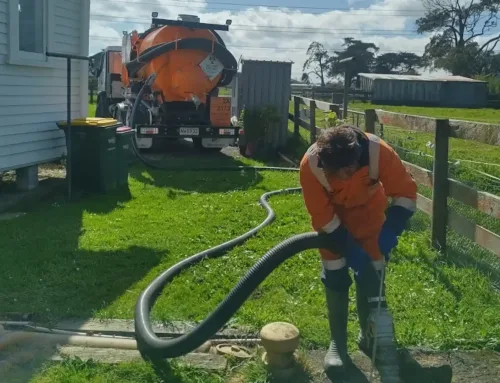The Best Strategy To Use For Reclaim Waste
The Best Strategy To Use For Reclaim Waste
Blog Article
Getting The Reclaim Waste To Work
Table of ContentsThe Basic Principles Of Reclaim Waste Fascination About Reclaim WasteThe Buzz on Reclaim WasteNot known Factual Statements About Reclaim Waste What Does Reclaim Waste Mean?
Domestic sewer waste refers to the waste and items from a domestic septic container. The correct administration and disposal of residential sewer waste require liquid waste to be moved to a sewage therapy plant where the correct methods and tools are used to cleanse and dispose of waste.
Business waste frequently consists of potential risks, such as combustible products or a mixture of liquid and strong waste items, and calls for a more sophisticated and thorough disposal procedure. The disposal of industrial waste commonly involves the filtration of waste before transport to ensure secure and correct disposal. Industrial waste is produced from by-products and drainage of commercial processes and production.
This type of waste can not make use of the very same sewage administration transportation or processes as septic or business fluids. The hazardous waste administration procedure calls for the evaluation and screening of fluid waste prior to it undertakes the disposal procedure (industrial wastewater treatment). Drainage waste is the fluid waste that originates from drainage and excess stormwater in extremely inhabited areas or cities
Runoff waste can create contamination and flooding if not managed correctly. Guaranteeing proper waste monitoring can stop disasters and lower environmental harm.
3 Simple Techniques For Reclaim Waste
Get in touch with PROS Providers today to discover our waste administration and disposal solutions and the proper methods to care for the fluid waste you produce.
(https://reclaimwaste.godaddysites.com/f/efficient-liquid-waste-disposal-removal-melbourne)This so-called 'wastewater' is not just an important source but, after treatment, will certainly be released to our land, waterways or the sea. Used water from commodes, showers, bathrooms, kitchen area sinks, washings and commercial processes is understood as wastewater.

water utilized to cool down equipment or clean plant and devices). Stormwater, a kind of wastewater, is runoff that streams from farming and urban areas such as roofs, parks, gardens, roadways, courses and gutters into stormwater drains pipes, after rainfall. Stormwater flows without treatment straight to local creeks or rivers, eventually getting to the sea.
Rumored Buzz on Reclaim Waste
In Queensland, many wastewater is treated at sewage treatment plants. Wastewater is delivered from residential or commercial websites with a system of drains and pump terminals, called sewerage reticulation, to look what i found a sewage treatment plant. City governments build, maintain and operate most sewage therapy plants. Operators are accredited under the Environmental Management Act 1994 to discharge treated wastewater at an appropriate environmental requirement into waterways.
The Division of Natural Resources advises local governments concerning managing, operating and maintaining sewage systems and therapy plants. In unsewered areas, city governments might need householders to mount private or home sewage therapy systems to treat residential wastewater from bathrooms, cooking areas, bathrooms and washings. The Department of Natural Resources authorizes the use of household systems when they are confirmed to be efficient.
In some brand-new class, therapy of some stormwater to eliminate litter, sand and crushed rock has actually begun making use of gross pollutant traps. Wastewater therapy occurs in 4 phases: Removes strong issue.
Uses tiny living organisms understands as micro-organisms to damage down and get rid of remaining dissolved wastes and fine bits. Micro-organisms and wastes are integrated in the sludge.
Some Ideas on Reclaim Waste You Need To Know
Nutrient elimination is not offered at all sewage therapy plants since it requires expensive specialized devices. Clear liquid effluent produced after treatment might still have disease-causing micro-organisms - liquid waste removal.

This generally indicates wastewater needs to be dealt with or impurities eliminated before it can be released to waterways. Most wastewater flows right into the sewerage system. Under the Act, city governments provide approvals and permits for environmentally relevant tasks (Ages) involving wastewater launches that might have a local influence. The department administers approvals and permits to Ages involving wastewater launches that might have a local or statewide impact.
Reclaim Waste - The Facts
Otherwise, samples are considered lab evaluation. Typically numerous tests are needed to establish the degrees of each of the different pollutants such as oils, heavy metals and chemicals in water. Surveillance offers factual info concerning water quality and can validate that permit conditions are being fulfilled. The details gotten with surveillance provides the basis for making water high quality choices.
Report this page